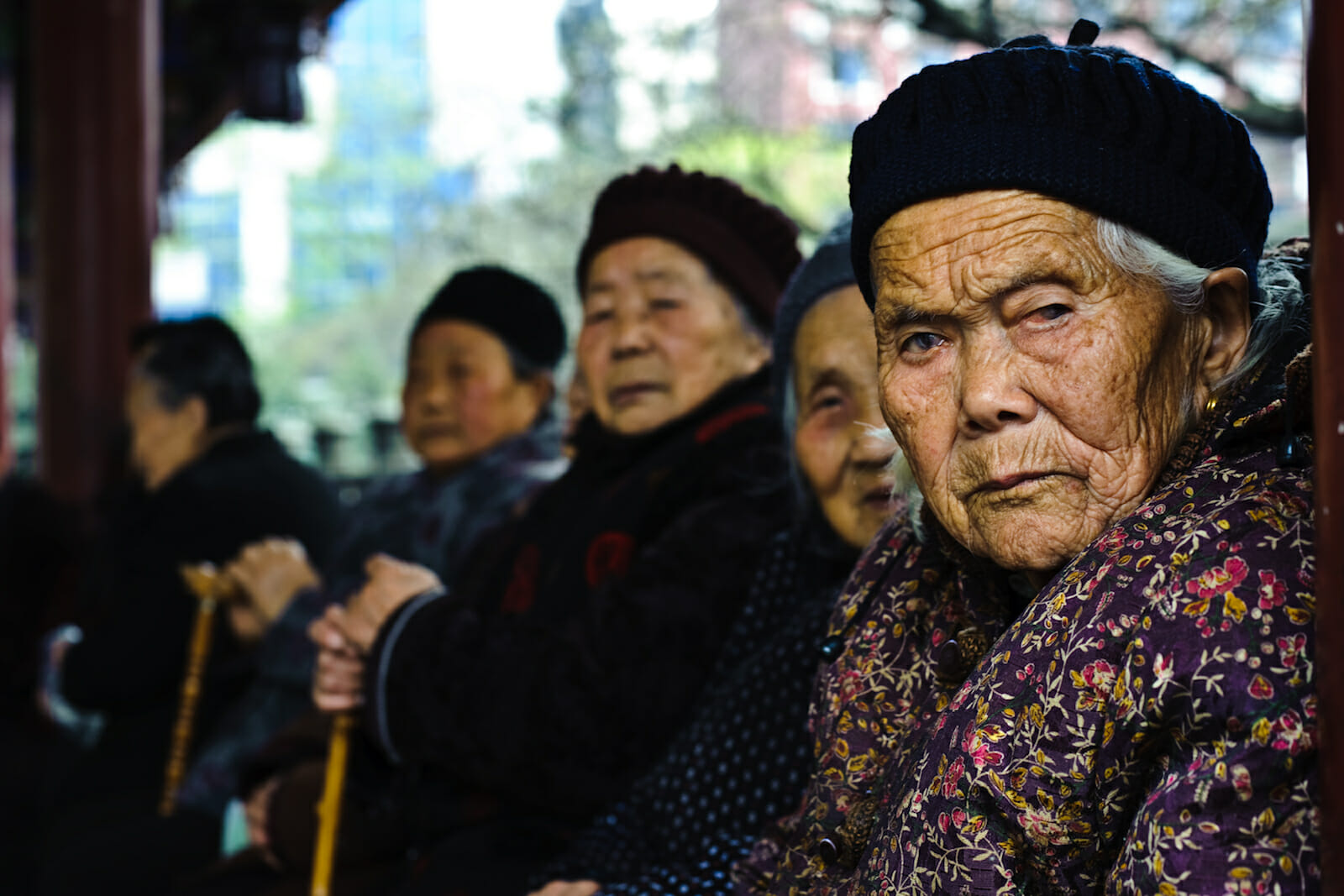
Culture
Asia’s Elderly
Asia values reverence for their elderly. There was a tradition of caring for elderly family members as they had cared for their children. This trend is rapidly disappearing as the elderly population of South-East Asian countries has exploded in the first part of this century. Taking care of the elderly is described by many as “hell on earth.” The young are turning over the burden of the elderly to the state, and the state is charging them. Asia is shifting from traditional elderly care, with multifamily homes, to state subsidized elderly care which is rapidly becoming the norm.
Traditional elderly care in the home is still the norm. Even in the US 40 percent of adults are either caring for a child, or another adult with significant health problems. It is still said in Japan that family shouldn’t live further away from elderly family members than one can carry a bowl of soup, and the teachings of Confucius still influence some aspects of elderly care: observing a father’s will, serving your parents at home, and staying physically close to them. Many Asians still practice these traditional values of caring for their parents, nursing them through old age and being there for their eventual death.
In Korea, however, there are well documented statistics of elderly abandonment. One third of Korean seniors live alone. Churches see the elderly lining up for up to 6 hours to receive a gift of fruit and 50 cents. Jongmin Shon wrote about South Korea’s poverty stricken elderly and the meager allowances that the government provides, forcing many to live frighteningly below poverty levels. This is especially shocking in the face of the Korean economic boom, and seems like a refusal to help those who contributed to Korea’s success. Japan has a similar problem.
Waiting lists for nursing homes are at 3 times the capacity. The population ratio of elderly to youth will be 4:1 in the next 20 years. Japan is rapidly becoming a country of the elderly (26% of the population). Their crime rate is even exceeding that of the youth.
Noting that the elderly are often not provided for has led to China’s establishing “Confucius laws” which require children to visit or provide for their elderly parents. This can be a burden for an only child. People are being sued for not visiting their parents and there are guardianship issues in the case of divorced parents.
A new set of problems and solutions are developing about abuse of the elderly to an increased demand for nurses and healthcare specialists. As the retirement age increases, labor issues are created in the workforce. Caring for parents is important as a means of repaying for your childhood care, but as the world shifts away from that tradition, there is a need for additional government assistance which is never enough due to rising healthcare costs. The elderly have given birth to Asia’s newest problem.

